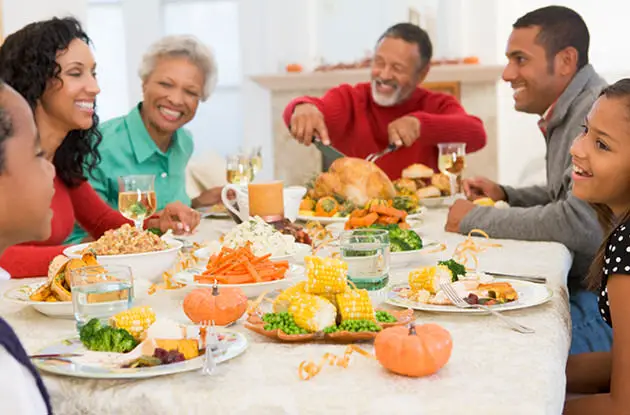

More Family Activities Articles:

Things to Do with Kids in NYC this Weekend
Enjoy these fun things to do with your kids in New York City this weekend. Start planning your weekend now with our editorially curated list of happen...Latest News:

Things to Do with Kids on Long Island this Weekend
Enjoy these fun weekend activities with your kids on Long Island. Start planning your weekend now.Family Activities:
Have a Laugh:


